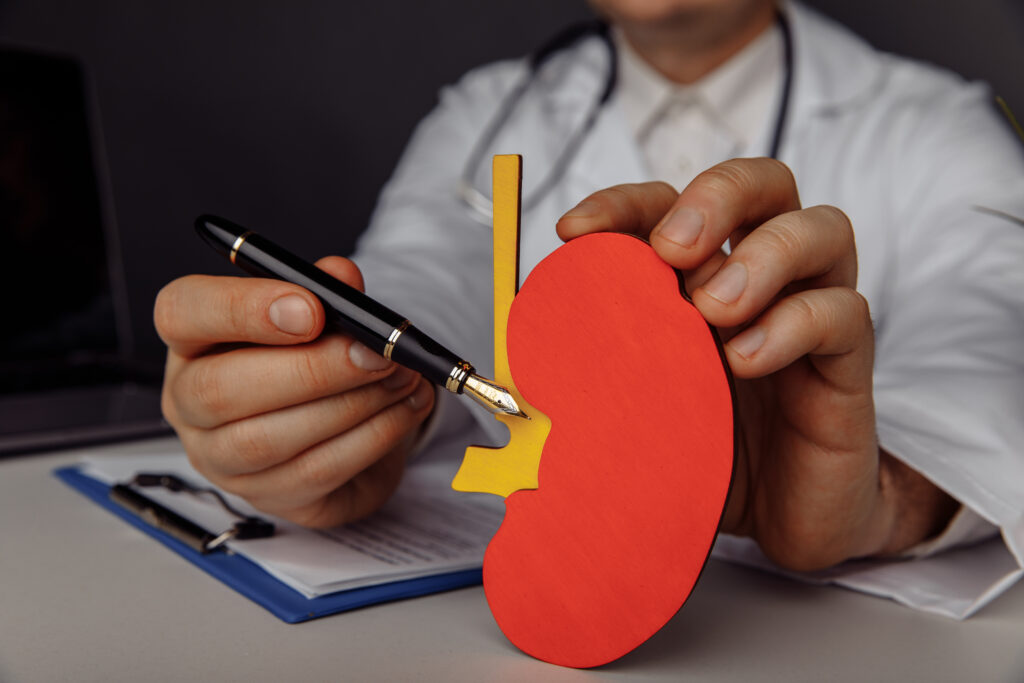What is Renal Tubular Acidosis?
Renal Tubular Acidosis (RTA) is a condition where the kidneys cannot balance acids and bases in the body. Because of this, acid builds up in the blood. The kidneys usually remove extra acid through urine. However, in RTA, this process does not work well. As a result, the body becomes too acidic. Understanding the causes of Renal Tubular Acidosis can help you know why this happens and what to watch for.
Types of Renal Tubular Acidosis
There are several types of RTA. Each type affects the kidneys in a different way. However, all types lead to acid buildup in the blood. The main types include:
Each type has its own causes and risk factors. But all can lead to similar symptoms, such as tiredness, muscle weakness, or bone problems.
Main Causes of Renal Tubular Acidosis
There are many reasons why RTA can occur. Some people are born with it, while others develop it later in life. Let’s look at the main causes of Renal Tubular Acidosis.
Genetic Factors
Sometimes, RTA is inherited. This means it runs in families. For example, some children are born with genes that affect how their kidneys work. Because of these genes, their kidneys cannot remove acid as they should. If a parent has RTA, their child may have a higher risk. Genetic causes are more common in certain types, like Type 1 and Type 2 RTA. According to the National Institutes of Health, genetic forms often show up in childhood.
Acquired Conditions
Many people develop RTA due to other health problems or outside factors. These are called acquired causes. They include:
Because these causes are acquired, they can affect people at any age. In the United States, acquired causes are more common in adults.
Other Contributing Factors
There are other risk factors for Renal Tubular Acidosis. For example, some people have hormone problems that affect kidney function. Diabetes and high blood pressure can also play a role. In rare cases, kidney infections or blockages may cause RTA. Sometimes, the exact cause is not found. But doctors can still treat the symptoms and help manage the condition.
How Causes Affect the Kidneys
Each cause of RTA affects the kidneys in a unique way. For instance, genetic changes may stop certain kidney cells from working. Autoimmune diseases can cause swelling or scarring in the kidneys. Medications or toxins may damage the tiny tubes inside the kidneys. As a result, the kidneys cannot remove acid or keep the right balance of minerals. Over time, this can lead to weak bones, muscle cramps, or growth problems in children. However, early treatment can help prevent these issues.
When to Seek Medical Advice
If you notice symptoms like tiredness, muscle weakness, or frequent urination, you should talk to a doctor. Sometimes, RTA causes bone pain or slow growth in children. Because these signs can be mild, they are easy to miss. However, early diagnosis is important. If you have a family history of kidney problems or take medicines that affect the kidneys, regular check-ups are helpful. Your doctor can run simple blood and urine tests to check for RTA. The CDC and kidney health experts recommend seeing a nephrologist if you have any concerns.
Consult a nephrologist for personalized advice if you suspect symptoms of Renal Tubular Acidosis.
